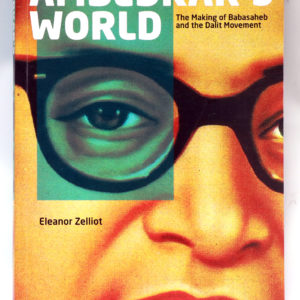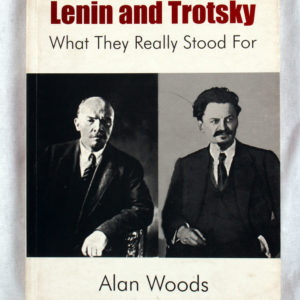Kingdom’s End: Selected Stories | Saadat Hasan Manto
₨ 638.40
This collection brings together some of Manto’s finest stories, ranging from his chilling recounting of the horrors of Partition to his portrayal of the underworld. Writing with great feeling and empathy about the fallen and the rejects of society, Manto the supreme humanist shows how the essential goodness of people does not die even in the face of unimaginable suffering. Powerful and deeply moving, these stories remain as relevant today as they were first published more than half a century ago.
- Categories: Books, Fiction
- Tags: Kingdom's End: Selected Stories, Leftshop, leftshopnepal, radical readings, rare books, rare readings, red books, Saadat Hasan Manto
The most widely read and the most translated writer in Urdu. Saadat Hasan Manto (1912-1955) is also the most controversial: he was tried for obscenity no less than six times, both before and after the departure of the British from India in 1947. In a writing career spanning over two decades, Manto, one of Urdu’s great stylists, produced a powerful and original body of work including short stories, a novel, radio plays, essays and film scripts.
This collection brings together some of Manto’s finest stories, ranging from his chilling recounting of the horrors of Partition to his portrayal of the underworld. Writing with great feeling and empathy about the fallen and the rejects of society, Manto the supreme humanist shows how the essential goodness of people does not die even in the face of unimaginable suffering. Powerful and deeply moving, these stories remain as relevant today as they were first published more than half a century ago.
Related products
The Making of Babasaheb and the Dalit Movement
Stretcher-Bearer of Empire
In the pantheon of global liberation heroes, Mohandas Karamchand Gandhi has pride of place. Leaders like Mandela have lauded him as being part of the epic battle to defeat the white regime and prepare the way for a non-racial country. A popular sentiment in South Africa goes: ‘India gave us Mohandas, and we returned him to you as Mahatma’.
Against this background, The South African Gandhi: Stretcher-Bearer of Empire unravels the complex story of a man who, throughout his stay on African soil (1893–1914), remained true to Empire while expressing disdain for Africans. For Gandhi, whites and Indians were bound by an Aryan bloodline that had no place for the African. His racism was matched by his class (and caste) prejudice towards the Indian indentured. He persistently claimed that they were ignorant and needed his leadership, and wrote their struggles out of history—struggles this book documents.
The authors show that Gandhi never missed an opportunity to demonstrate his loyalty to Empire, with a particular penchant for war. He served as stretcher-bearer in the war between Brit and Boer, demanded that Indians be allowed to carry fire-arms, and recruited volunteers for the imperial army in both England and India during the First World War.
Ashwin Desai is Professor of Sociology at the University of Johannesburg. His previous books include South Africa: Still Revolting, ‘We are the Poors’: Community Struggles in Post-Apartheid South Africa and Reading Revolution: Shakespeare on Robben Island among others.
Goolam Vahed is Associate Professor of History at the University of KwaZulu Natal. He writes on histories of migration, ethnicity, religion, and identity formation among Indian South Africans.
This Ideas Of Lenin And Trotsky Are Without Doubt The Most Distorted And Slandered In Histoy. For More Than Eighty Years, They Have Been Subjected To An Onslaught From The Apolgists Of Capitalism, Who Have Attempted To Present Their Ideas – Bolshevism – As Both Totalitarian An Utopian. An Entire Industry Was Developed In An Attempt To Equate The Crimes Of Stalinism With The Regime Of Workers’ Democracy That Existed Under Lenin And Trotsky.
Authors : Alan Woods, Ted Grant
Publisher : Aakar Publications
Jotiba Phule’s Fight for Liberty
Story: Srividya Natarajan
Art: Aparajita Ninan
In 1873, Jotirao Govindrao Phule wrote Gulamgiri (Slavery), a scathing, witty attack on the Vedas as idle fantasies of the brahman mind which enslaved the shudras and atishudras. A hundred and forty years hence, Srividya Natarajan and Aparajita Ninan breathe fresh life into Phule’s graphic imagination, weaving in the story of Savitribai, Jotiba’s partner in his struggles.
In today’s climate of intolerance, here’s a manifesto of resistance—Phule setting the dynamite of thought to the scriptures and ideas Hindus hold dear.







Reviews
There are no reviews yet.